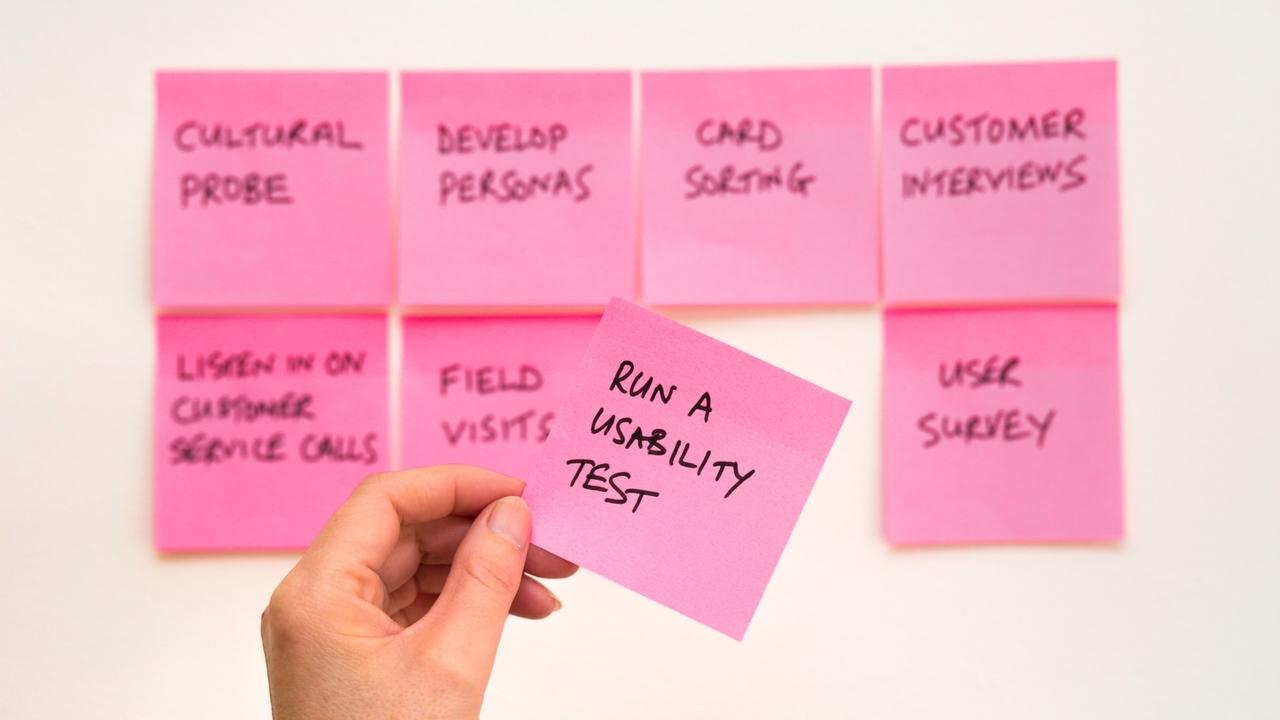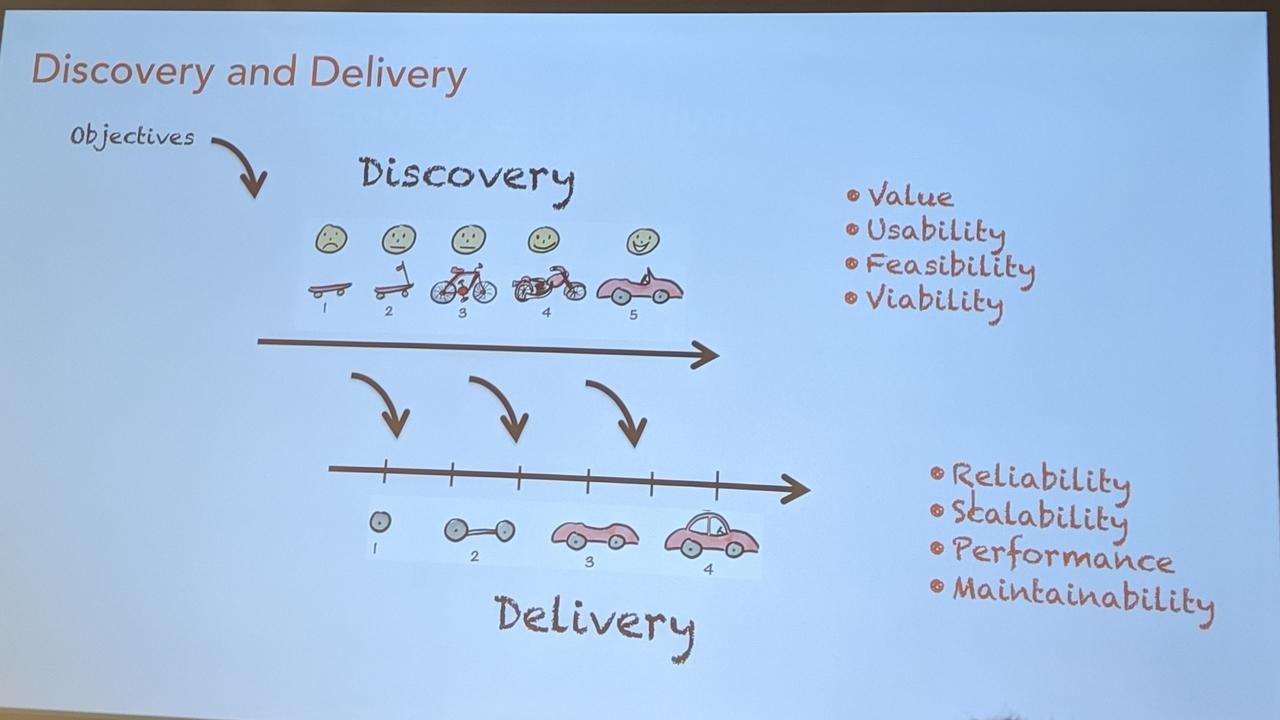
Go on, guess what I meant.
You might think it’s all about understanding customers. Good guess, but that’s not what I am talking about.
Inspire their team? Sure some Product Managers do that, but not all of them and not always very well.
Influence others? Nope, not that either.
Manage stakeholders? Not a bad guess, but I have seen enough product managers who are awesome, but do a poor job of managing stakeholders.
So what is it?
It’s asking the question just right for the problem they are solving.
You have probably seen this in action. The awesome product manager asking just the right questions in a meeting. Amazing us with their thinking, without having to come up with the answer on their own.
Think of questions like glass. And think of your thinking like light. You can use the questions as a mirror; to reflect thinking in another direction. You can use it as a magnifying glass; and increase the importance of an issue. You can
...










